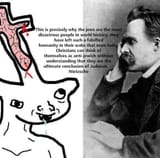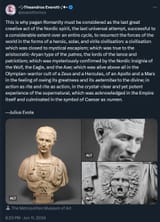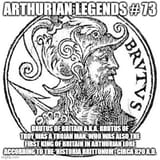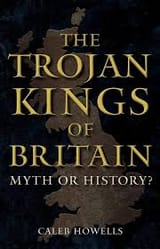>>512059473
You are not that opposed, your attitude is very pagan already. But the Christianised lens is what is blocking you from a deeper engagement.
Germanic idealism is not materialist. Aristotle is not materialist, he sees nature in light of metaphysics. And this is how ancient 'scientists' and 'philosophers' saw reality, they understood the hidden axis in nature. Neoplatonism is not materialist, the vedas are not materialist, but they are not quite 'religious' in the sense we associate with abrahamism either. They do not rely on oaths of 'faith'. They are closer to magic than to 'faith'. It is understanding there is a totality of reality.
'Do ut des' (I give that you may give) characterises pagan attitude to the gods, not servile semiticism. In the temple of Jupiter, bowing was a faux pas, and deeply foreign. It came with the semitic strain. To have a deep kinship with Jupiter is to become Jupiter-like yourself.
Christianity appropriated a lot of greek and Neoplatonic ideas, to its own ends. Jesus is basically a 1-to-1 rip of the Roman imperial cult but turned jewish and abstract.
Greeks understood sympatheia between divine forces and material objects. Our extreme materialism is a temporary blip in a period of darkness and exaggerated materialist empiricism. It is already fading away as people begin to talk of non-local phenomenon. Quantum science speaks about phenomenon that the ancients knew well about. Science itself is moving away from materialism.
You see it from how the jews speak about us, they speak about us worshipping the 'spirits of the river and the fields', and this is very close to the roman cult of 'genius', which is the innate spirit imbued in items, locations, people, lineages and so on.
Why is this important?
Because all of European institutions and family come from this. The divine is what moves men. Jews worship the void.
https://www.youtube.com/watch?v=0FUFewGHLLg
There is a reason that Abrahamics refer to it as 'atheism'.
 8/2/2025, 6:57:12 PM
No.512048587
>>512049003
>>512049171
>>512049221
>>512049229
>>512049407
>>512050043
>>512050151
>>512050449
>>512055091
>>512055406
>>512057914
>>512058402
8/2/2025, 6:57:12 PM
No.512048587
>>512049003
>>512049171
>>512049221
>>512049229
>>512049407
>>512050043
>>512050151
>>512050449
>>512055091
>>512055406
>>512057914
>>512058402
 8/2/2025, 7:03:45 PM
No.512049003
>>512049078
>>512049085
>>512052878
>>512054219
>>512055177
>>512056850
>>512058014
>>512058803
8/2/2025, 7:03:45 PM
No.512049003
>>512049078
>>512049085
>>512052878
>>512054219
>>512055177
>>512056850
>>512058014
>>512058803






























